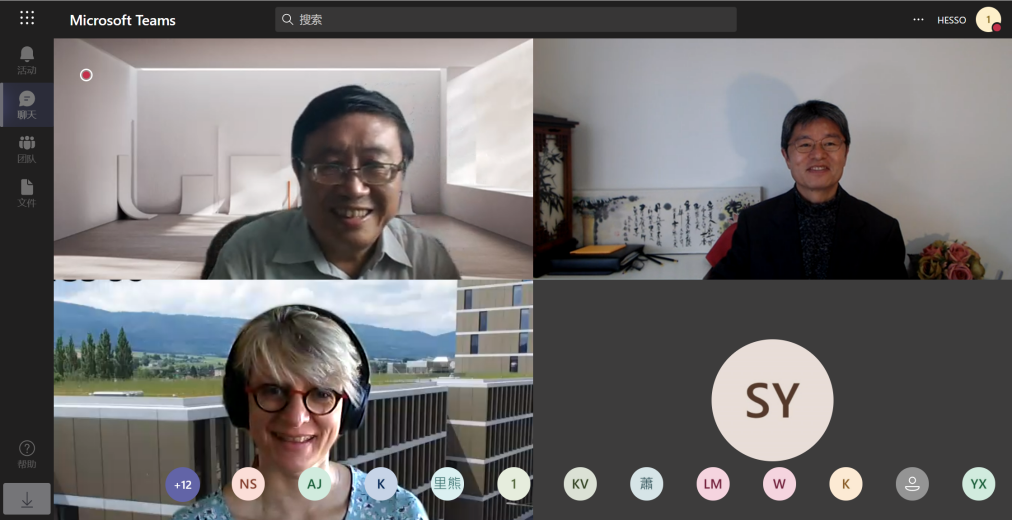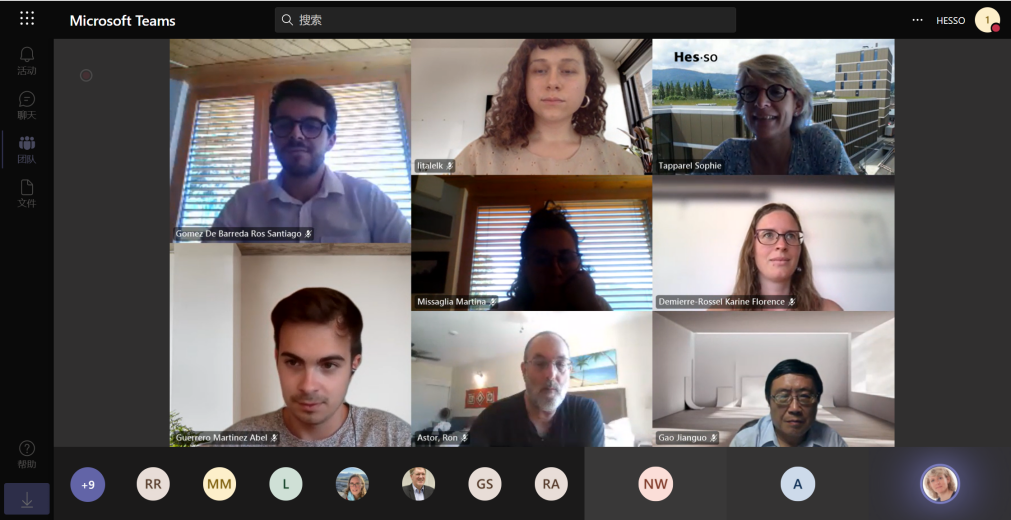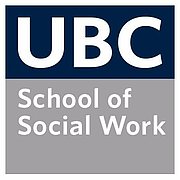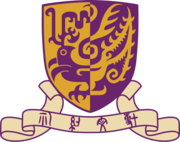-
All Flowers Bloom Together: Student Presentation Held Successfully
At 14:20 pm on July 19th, Beijing time and 5 pm on July 20th, Lausanne time, the International Social Work Summer University Group A and Group B’s students presentation officially started. The presentations of Group A was conducted by groups A1 to A4 in turn. The students respectively discussed social work under the epidemic, reviews of the lectures and workshops, “digital gaps” in the era of online services and the roles of social work in various parts of the world. I believe everyone will benefit a lot from the four perspectives.
The students of Subgroup 1 introduced in detail the measures and methods to deal with problems at the community and social levels during the epidemic from the four regions and countries of China, Hong Kong, Taiwan, and India. Among them, Xia Yutian from the Chinese University of Hong Kong highlighted the problem of the homeless group in Hong Kong, and pointed out that the needs of this group do not match the service supply. After the presentation of Subgroup 1, teachers and students asked questions about the content of the courseware, and the team members also gave satisfactory answers.
The Subgroup 2 mainly discussed and summarized the topics of lectures and workshops, covering subjects such as the role of social workers during the epidemic, the prospects and challenges they face, and the development of family social work in China. Antony A Jaison from RCSS made a detailed comment on the main points of lecture 8 and 9 in combination with the main problems and challenges faced by Indian social work and the unique model of Rajagiri. The summary is rich in content and has been unanimously approved by teachers and students.
The topic selection of Subgroup 3 students is very interesting and novel. The students in this group introduced the concept of "digital gaps"; combined with the situations of Australia, India, and China, and discussed the issue of digital divide from the aspects of reasons and policies. Ms. Liu Zhaojiao from Shandong University caught the group of Chinese elderly people and mentioned that during the new crown pneumonia epidemic, it was difficult for the elderly to move without a green code; the digital divide caused the elderly to gradually become out of touch with society. Fortunately, the government gradually realized this problem and began to create a digital science room for the elderly in the community. In addition, community organizations also participated. This is a new attempt for members of society and community residents.
The students of Subgroup 4 mainly reported and summarized the role of social work. Among them, Wu Tian from Tunghai University, Taiwan reflected on the role of social work during the epidemic, from coordination of propaganda, prevention, and response. The perspective has refined the role’s work, and at the same time proposed the impact of the new crown epidemic on autistic patients. It is believed that in the context of the global epidemic, challenges coexist with opportunities. It is necessary to listen to those in small voices and improve the world's opportunities to treat autism.
Dr. Sophie attended the student presentations, and gave affirmation and appreciation to the students who reported. She pointed out that the students gave another dimension of discussion, not only talking about the role of social workers in a specific population in Australia, but also mentioning the surroundings. Dr. Sophie said it was very important to knows when and where social workers began to work as social workers in their own country, and to understand the current role of social workers. Next, the students in Group A will have one last class. I believe this summer will be very precious and unforgettable for them.
On July 20th, the student presentations of Group B1 and B2 started under the auspices of Dr. Sophie. The two subgroups respectively reported on the online social work relationship and digital mental health social work in Israel and Switzerland during the epidemic.
The students of Subgroup 1 mainly explained the theme from 8 aspects. In the part of Israel, including review and analysis of the country’s main online social work models, national services and feedback, etc., it introduces Israel’s social background, welfare situation, and main topics (such as the disabled, violence, etc.), including new online meeting tools, such as Zoom and Team. At the same time, it introduced how Israel's social intervention was during the epidemic, who led it, the length of time, and additional information. In the Swiss part, I also first introduced the social background and social interventions in Switzerland during the epidemic, and clarified the target of benefits. Then it explained some of the problems faced, such as face-to-face communication, which working mode should be selected, etc., and the comparison of 4D communication and 3D communication, and gave a more detailed introduction. Finally, some work experience during the epidemic was summarized. At the end of the speech PPT, the references used were indicated.
The main topic of Subgroup 2 students was mental health. They introduced the advantages of digital mental health social work and the ability to provide services to clients in a comprehensive manner. At the same time, they also listed its disadvantages and difficulties in establishing social contracts. In the following, the project background and operation status under the epidemic situation are introduced in more detail by countries. For example, Switzerland provides free 24-hour consultation for children and adolescents. Finally, the students of Subgroup 2 asked three questions for everyone: (a) To what extent will social workers in mental health keep using online tools post-covid? (b) Do you think online social work does have an scope on inclusion? Who are the people who may be excluded from online social services? (c) Do you have any questions for us? The three questions sparked a heated discussion among teachers and classmates. At the same time, four students expressed their deep feelings about the summer university. They believe that the summer university has helped them deconstruct their perspectives, look at social issues from an international perspective and recognize the working methods of the rest of the world.
To the student presentation of group B, Dr. Sophie, Professor Ron Astor (UCLA) and Professor Gao Jianguo fully affirmed. Dr. Sophie said she had seen that the students can introduce the theory and the reality in the presentation. It is very important for everyone that students can express these clearly.Professor Ron Astor commented that the great presentations by students discussed what social work should be promoted from the perspective of comparing online infrastructure in various countries, not just from the perspective of service provision; He believes that we can pay attention to age-related relationship areas. For example, some adolescents want to communicate online rather than face-to-face. We need to form a different social work strategy to adapt to these unfamiliar and uncomfortable technologies, and make these technologies and norms easy to use.
Prof. Gao said that student presentations of Group B are very informative and excellent; Meanwhile the participants in Group B are in suitable conducts in the online class and presentation. They usually turn on their own cameras to see each other. Group A students from mainland China seldom turn on their cameras.


The summer university is drawing to a close. It is a journey with a rewarding experience for the teachers and students involved. For summer university organizers, they are also accumulating experience. In the 10-day course, a small number of students were unable to attend courses and workshops on time due to summer employment and other reasons, reflecting the omissions in the early registration and management links. It is expected that these issues will be improved in the coming summer semesters.
Written by Zhao Jiahua (MSW student, SDU)
July 24, 2021











